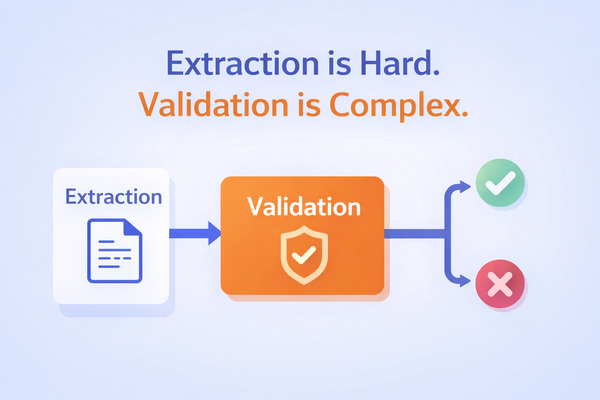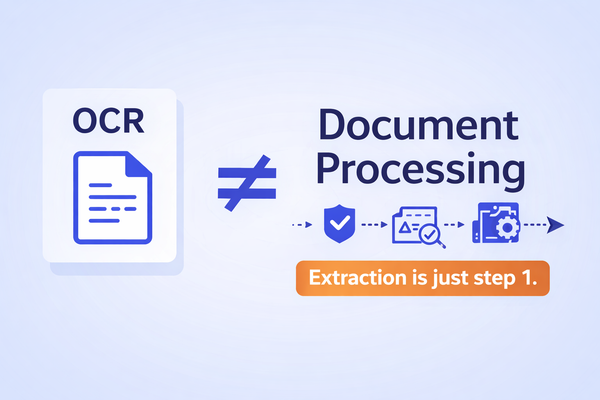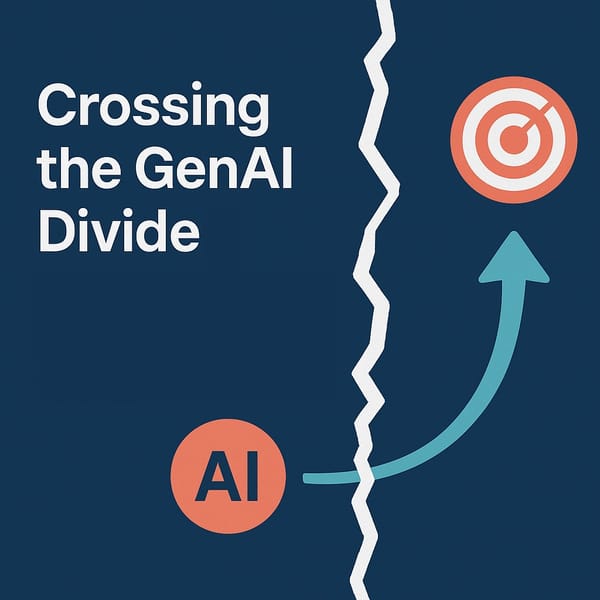AI for Knowledge Management in Market Intelligence Firms

How market intelligence teams are turning internal knowledge into a competitive advantage
This is the third post in our five-part series on how AI is transforming key workflows in market intelligence firms. If you missed the earlier posts, we covered how AI supports core workflows and how it accelerates business development.
The Research Exists, But No One Can Find It
It’s Monday morning. A senior analyst is preparing a briefing for a fintech client. The firm completed a related project last year, but the insights are buried in a PDF on SharePoint. The notes are in someone’s inbox. The original deck is saved under a generic name in a personal folder.
There’s no easy way to search across any of it. The analyst starts from scratch.
This is a common scenario. The problem isn’t that firms lack knowledge. It’s that they can’t access or apply it when it’s needed.
Why Knowledge Management Feels Broken
Market intelligence firms often rely on tools like SharePoint, Notion, Slack, and shared drives. These systems help store information, but they fall short when teams need to retrieve and reuse it in context.
Here’s where things break down:
Content is scattered
Knowledge is distributed across decks, reports, transcripts, dashboards, and chat threads—none of which are connected.
Search is limited
Without knowing exact file names or phrasing, teams struggle to find what they’re looking for.
People become the system
If the original author isn’t available, that knowledge may be lost to the team.
Work gets duplicated
Analysts rebuild deliverables they’ve already created because they can’t find or trust previous versions.
Onboarding is slow
New team members spend weeks ramping up, not because they lack skills, but because knowledge access is limited.
Clients expect continuity
They assume each new analyst will know what was done before. That’s only possible if past work is easily accessible.
What AI-Based Knowledge Management Enables
AI-based knowledge management uses natural language processing and retrieval techniques to help teams find, reuse, and apply insights across systems. It bridges the gap between storage and action by making content searchable, connected, and context-aware.
How AI Helps Market Intelligence Teams Use What They Already Know
Semantic search
AI understands the intent behind a question and retrieves relevant content—even if the wording doesn’t match exactly.
Retrieval across formats
Content from PDFs, dashboards, transcripts, and slide decks can all be searched and presented in one result set.
Insight extraction
AI can summarize long documents, highlight key findings, and extract reusable insights without manual effort.
Knowledge graphs
Relationships between topics, people, and clients are automatically mapped so teams can explore knowledge more effectively.
Onboarding support
New hires can ask natural language questions and discover relevant past work without needing to know where it’s stored.
Use Cases That Drive Results
- Reuse competitive analysis from a past project instead of recreating it
- Surface winning proposal language for a similar client or sector
- Draft an update using previous slides and notes, already aligned to internal messaging
- Help new analysts get oriented by querying past work rather than reading dozens of documents
- Deliver consistent client communications by accessing a shared body of insights
Why This Matters Now
Expectations are rising while teams remain lean. Clients want personalized, consistent insights. Analysts are expected to produce more, faster. Firms can’t afford to let institutional knowledge go unused.
With the right AI systems, teams can work smarter by accessing what they’ve already done, when they need it most.
How Agami Supports AI-Powered Knowledge Management
Agami enables market intelligence teams to find and reuse internal knowledge with AI agents that run entirely inside their existing environment. There’s no need to tag files or reorganize content.
With Agami, firms can:
- Ask plain-language questions and get accurate, source-cited answers
- Search across structured and unstructured data—reports, transcripts, dashboards, and more
- Extract relevant content from past deliverables for fast reuse
- Enable onboarding and institutional continuity through a live knowledge layer
- Stay fully compliant and secure, with no data leaving your infrastructure
What AI Doesn’t Do
AI doesn’t decide what to remember. It won’t clean your data or create strategy. It also can’t replace editorial judgment. But it will make high-value content easier to access, reuse, and apply—so your team can move faster with greater consistency.
Ready to Unlock Your Knowledge?
Your firm already has the insights. Agami helps you find and reuse them without slowing your team down.
Frequently Asked Questions
How can AI improve knowledge reuse in market intelligence firms?
AI enables fast, context-aware access to past work. It helps analysts find and apply insights without manually searching through folders or documents, reducing duplication and response time.
What types of content can AI search across?
Agami’s platform can search across unstructured and structured formats, including PowerPoint slides, PDFs, dashboards, meeting transcripts, emails, and notes—making knowledge accessible across systems.
How secure is AI-powered knowledge management?
Agami runs entirely inside your cloud or on-premises environment. No data is sent to public LLMs. The platform supports access controls, audit trails, and compliance standards like SOC 2, GDPR, and HIPAA.
Can AI reduce onboarding time for new analysts?
Yes. New team members can use AI assistants to query previous work, access insights, and explore relevant documents without needing to rely on manual walkthroughs or institutional memory.
Does AI replace the need for traditional knowledge systems?
No. AI complements existing tools like SharePoint, Notion, or Slack by adding a retrieval and understanding layer. It makes the content stored in those systems easier to access, reuse, and scale.





